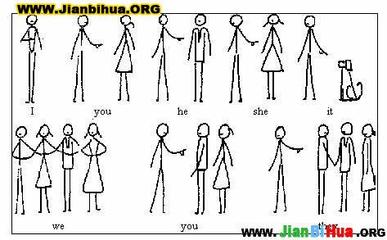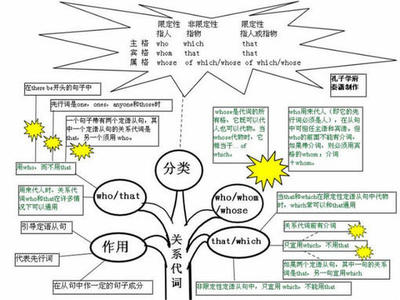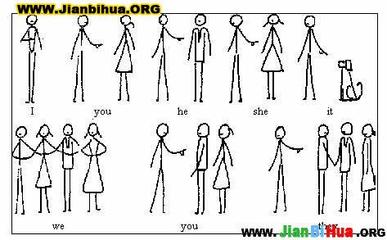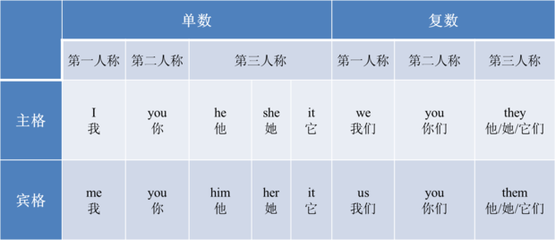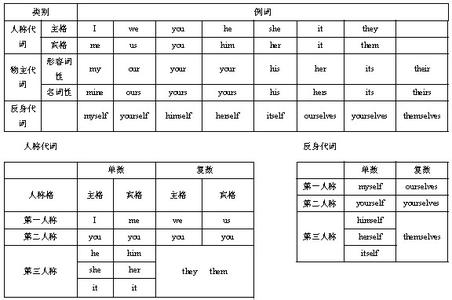1、every each
①every指时间: every other day,
every three days = every third day
②each放在复数主谓语之间:
We each have a book.
③each放在句尾:
She gave her children an apple each.
2、some- any- every- no-
①作单数看: Is there anyone here who is a doctor?
②不与 of 连用:
不说 someone of; no one of. etc
可说 some one of; none of, etc.
③+ adj. / to do (vt.): Is there anything for me to sit on ?
④+ else: This isn’t mine. It’s someone else’s.
3、some any
①表示请求、建议的问句用some
Would you like some (more) coffee ?
②some + n.(singl.)
You will realize it some day.
③any在肯定句中表示任何一个(无论哪个)
Any child can answer that.
Give me a plate. Any one (plate) will do.
④any (some) of + 限定词 + n.
some of the oil , any of my water
4、both all
①常用于助动词或情感动词后,但在简答中放在前面
● The girls are both ready.
● --- Are you ready ? --- Yes, we both (all) are.
②放在作宾语的宾格代词后面
He gave some to us all (both).
③all单独用,指人时谓语用用复数;指物时谓语用单数
●All is lost.
● All are here.
5、either neither
① either…or; neither…nor 作主语,谓语的使用是邻近原则
Neither he nor I am going to London.
②作定语,修饰单数名词
Neither (Either) book is satisfactory.
6、another (the) other (the) others
①another 另外的,另一个的
Please show me another (one).
Do you need another cup ?
②another + 基数词(few) + n.
I need another three days. (three more days)
③(the) other (+ n.) (the) other
the other six (persons) / the others / the other day
7、(a) few (a) little
① few 的搭配
●We had a good few letter this morning(很多).
●Not a few letters were written to the magazines. (不少)
● ---How many do you want ?
---Just a few, please. (不多)
quite a few (相当多)
only a few (只有几个,几乎没有)
② little 的搭配
●There’s only a little soup left.
● ---How much do you want ?
---Just a little, please.
8、much many
①(much /far) too much far too many
Your son got much (far) too much pocket money.
There are far too many accidents at this crossing.
②much修饰
●形容词和副词的比较级或最高级
●比较级+不可数名词
There’s much / far less water in the river than usual.
many修饰“比较级 + 可数 名词复数”
There are many / far more people than I expected.
9、全部否定与部分否定
①全部否定用词
neither nothing no one nobody none
②not与all, both, every, every- 连用时表示部分否定
Not all his work is successful.

 爱华网
爱华网